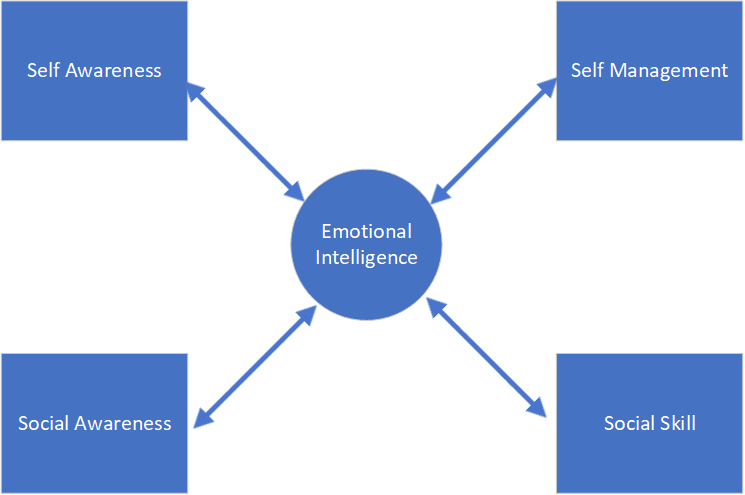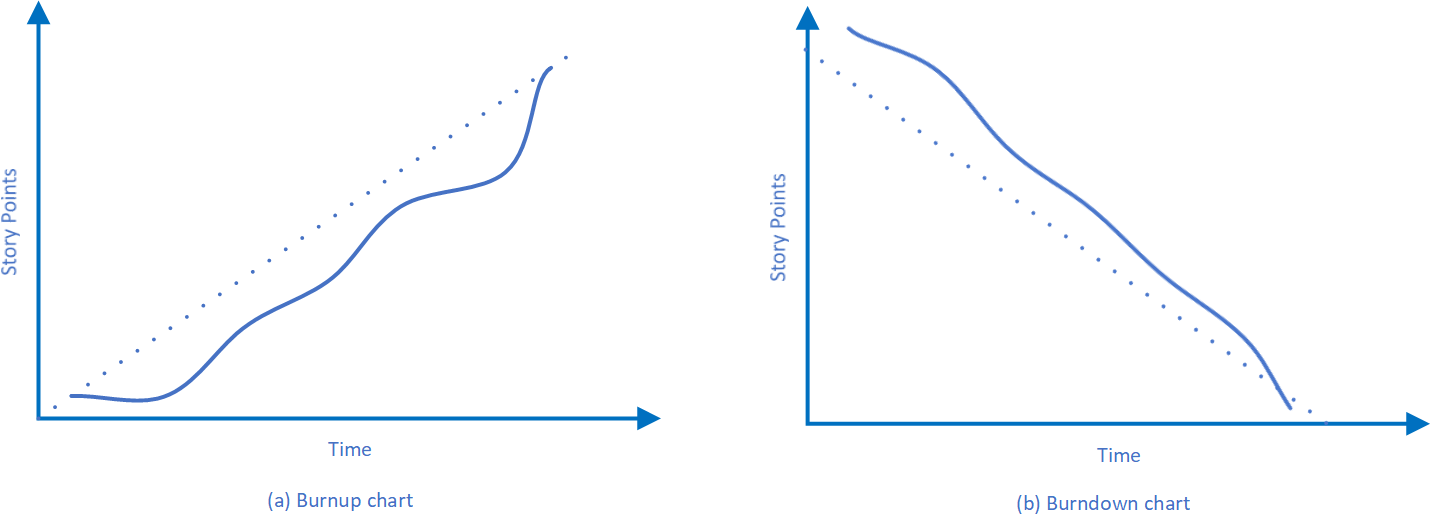Project Management Principles
The Project Management Institute (PMI) identifies several Project Management Performance Domains in the PMBOK® Guide. These domains represent high-level areas essential for achieving project outcomes. The latest edition of the PMBOK® Guide, the Seventh Edition, introduces a more holistic and principle-based approach, organizing project management activities into eight performance domains. Here's a summary of each:
- Stakeholder Performance Domain:
- Focus: Engaging stakeholders proactively and effectively throughout the project.
- Key Activities: Identifying stakeholders, understanding their needs and expectations, managing their engagement, and ensuring effective communication.
- Team Performance Domain:
- Focus: Creating and maintaining a high-performing project team.
- Key Activities: Building a collaborative team culture, managing team dynamics, fostering communication, and developing team members’ skills.
- Tools: Emotional Intelligence

Figure 1: Components of Emotional Intelligence
- Development Approach and Life Cycle Performance Domain:
- Focus: Selecting and managing the appropriate project development approach and life cycle.
- Key Activities: Choosing the most suitable project approach (e.g., predictive, iterative, incremental, agile), managing the project phases, and tailoring the development process to fit the project context.
- Planning Performance Domain:
- Focus: Developing and maintaining an effective plan to guide the project.
- Key Activities: Defining project objectives, scope, schedule, resources, and budget. Continuously updating and adjusting the plan as necessary.
- Project Work Performance Domain:
- Focus: Delivering project deliverables and maintaining project progress.
- Key Activities: Executing project tasks, managing resources, ensuring quality, and maintaining progress according to the project plan.
- Delivery Performance Domain:
- Focus: Delivering the intended project outcomes and benefits.
- Key Activities: Ensuring that project outputs align with the defined objectives and requirements. Managing the transition of deliverables to the stakeholders.
- Measurement Performance Domain:
- Focus: Measuring project performance and ensuring alignment with project objectives.
- Key Activities: Collecting and analyzing project performance data, assessing project progress, and making informed decisions based on metrics and key performance indicators (KPIs).
- Tools: Burnup and Burndown Charts

Figure 2: Burnup and Burndown Charts
- Uncertainty Performance Domain:
- Focus: Managing risks and uncertainties that can impact the project.
- Key Activities: Identifying potential risks and uncertainties, assessing their impact, developing risk response strategies, and implementing risk mitigation measures.